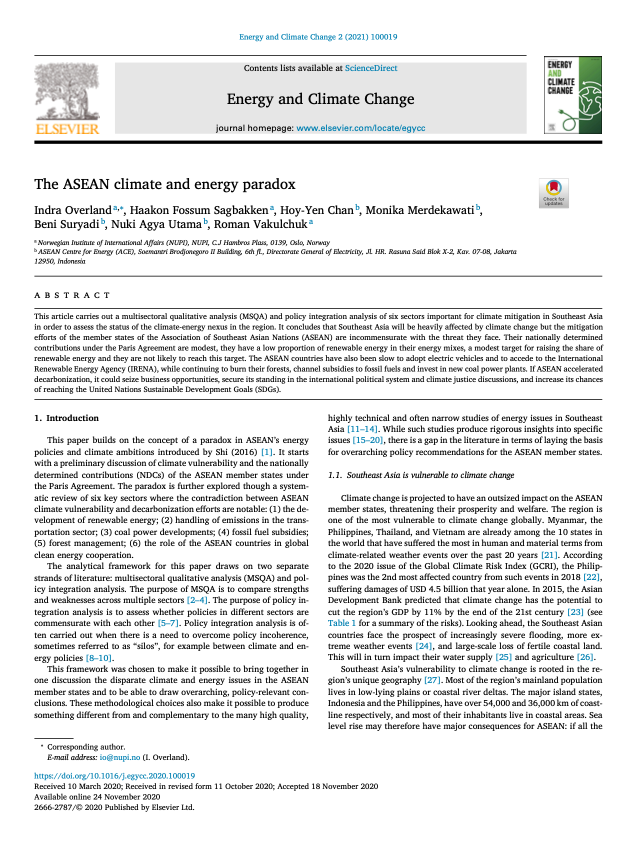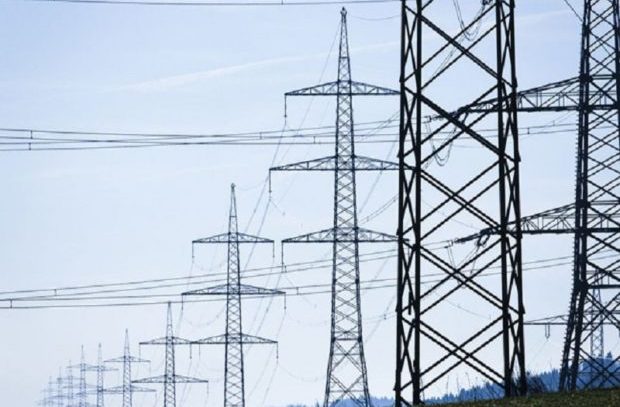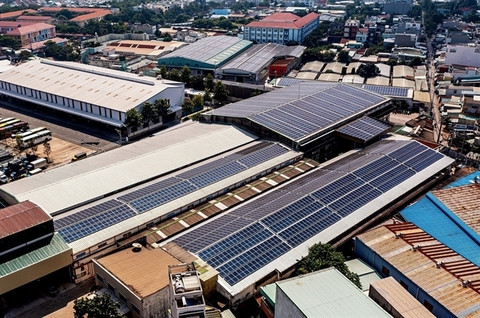ARNECC Paper Talks 2.0 – Net Zero #3 Registration
The second episode of ARNECC Paper Talks 2.0 – Net Zero Series will explore the chance of electric vehicle (EV) in achieving the Net Zero Target!
This study explores the environmental and economic implications of Internal Combustion Engine (ICE) vehicles, Hybrid Electric Vehicles (HEVs), Plug-in Hybrid Electric Vehicles (PHEVs), and Electric Vehicles (EVs). A case study in Indonesia is selected, focusing to achieve net zero emissions by 2050 and improve air quality. The research compares key factors such as emission costs, fueling time costs, maintenance costs, and vehicle selection for a comprehensive understanding of each vehicle type’s viability in the automotive landscape.
Regarding its progress, join us embarking on a virtual sharing session with Dr Ibham Veza from Universiti Teknologi Petronas to present more on “Electric vehicle (EV) and driving towards sustainability: Comparison between EV, HEV, PHEV, and ICE vehicles to achieve net zero emissions by 2050 from EV”.
ARNECC Paper Talks 2.0 – Net Zero Series #2 Registration

The second episode of ARNECC Paper Talks 2.0 – Net Zero Series will explore the chance of electric vehicle (EV) in achieving the Net Zero Target!
This study explores the environmental and economic implications of Internal Combustion Engine (ICE) vehicles, Hybrid Electric Vehicles (HEVs), Plug-in Hybrid Electric Vehicles (PHEVs), and Electric Vehicles (EVs). A case study in Indonesia is selected, focusing to achieve net zero emissions by 2050 and improve air quality. The research compares key factors such as emission costs, fueling time costs, maintenance costs, and vehicle selection for a comprehensive understanding of each vehicle type’s viability in the automotive landscape.
Regarding its progress, join us embarking on a virtual sharing session with Dr Ibham Veza from Universiti Teknologi Petronas to present more on “Electric vehicle (EV) and driving towards sustainability: Comparison between EV, HEV, PHEV, and ICE vehicles to achieve net zero emissions by 2050 from EV”.
ARNECC Paper Talks 2.0 – Net Zero Series #1 Registration
The wait is over! We are excited to present you the first episode of ARNECC Paper Talks 2.0 – Net Zero Series!
By the year 2030, Indonesia has determined a great ambition to reduce 31.89% GHG emission undoncitionally from five main sectors, namely: energy (12.5%); waste (1.4%); industrial processes and product use (IPPU) 0.2%; agriculture (0.4%); and forestry and other land uses (FOLU) 17.4%.
Regarding its progress, join us embarking on a virtual sharing session with Harun Ardiansyah to present more on “Indonesia’s New Strategy to Achieve Net Zero Emission in 2060”
ARNECC Paper Talks 11 Registration
The 11th series of ARNECC Paper Talks will discuss the topic of “Techno-enviro-economic analyses of hydrogen supply chains with an ASEAN case study”.
ASEAN Energy Outlook Forum 2022 Registration
The ninth series of ARNECC Paper Talks will discuss the topic of “The relationship between energy subsidies, oil prices, and CO2 emissions in selected Asian countries: a panel threshold analysis”.
ARNECC Paper Talks 10 Registration
The ninth series of ARNECC Paper Talks will discuss the topic of “The relationship between energy subsidies, oil prices, and CO2 emissions in selected Asian countries: a panel threshold analysis”.
ARNECC Paper Talks 9 Registration

The ninth series of ARNECC Paper Talks will discuss the topic of “The relationship between energy subsidies, oil prices, and CO2 emissions in selected Asian countries: a panel threshold analysis”.
ARNECC Paper Talks 8 Registration

The eight episode of ARNECC Paper Talks will discuss the topic of “Does Indonesia gain from ASEAN-ANZ FTA? A Trade Analysis of Oil, Gas and Mining Products”. This article was published in Jurnal Teknologia of Aliansi Perguruan Tinggi (APERTI) BUMN.











